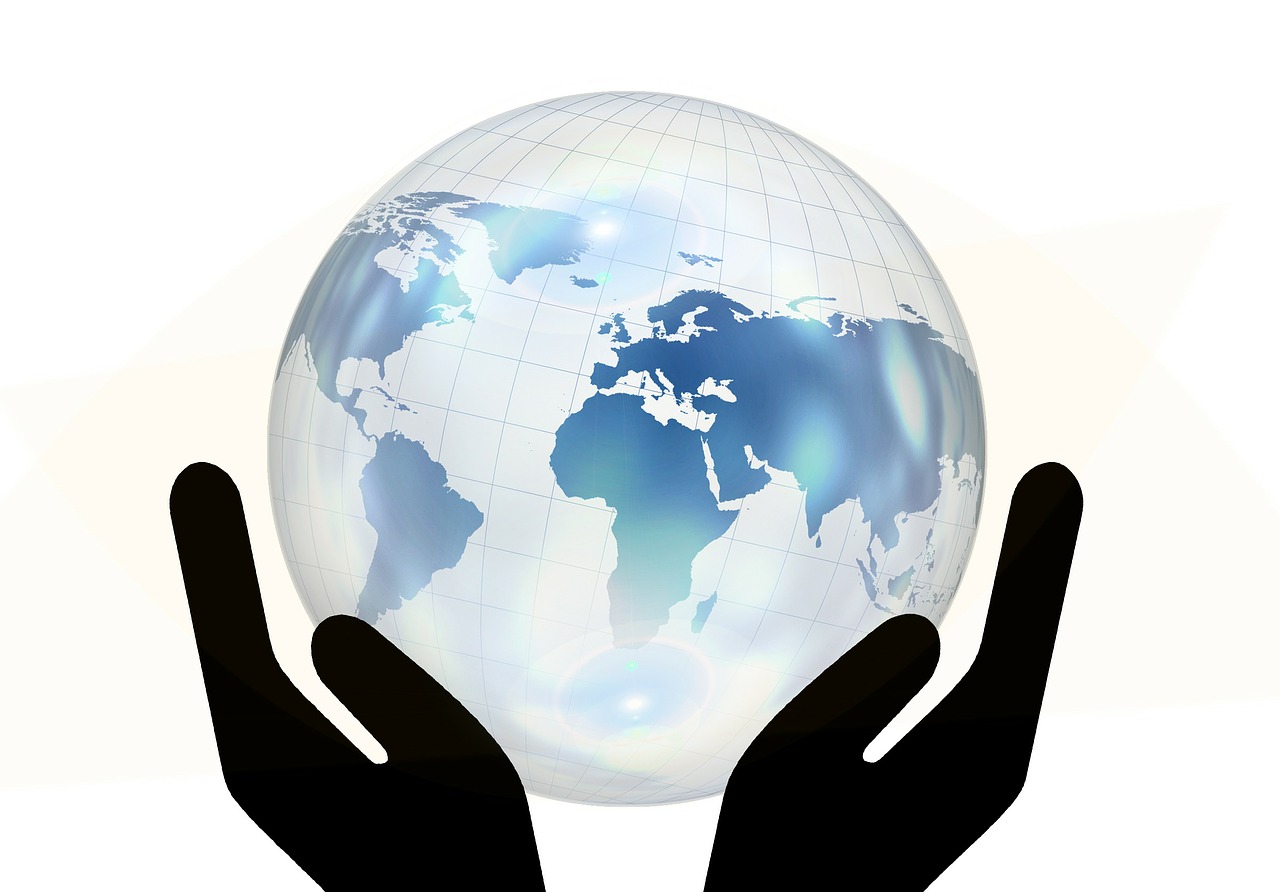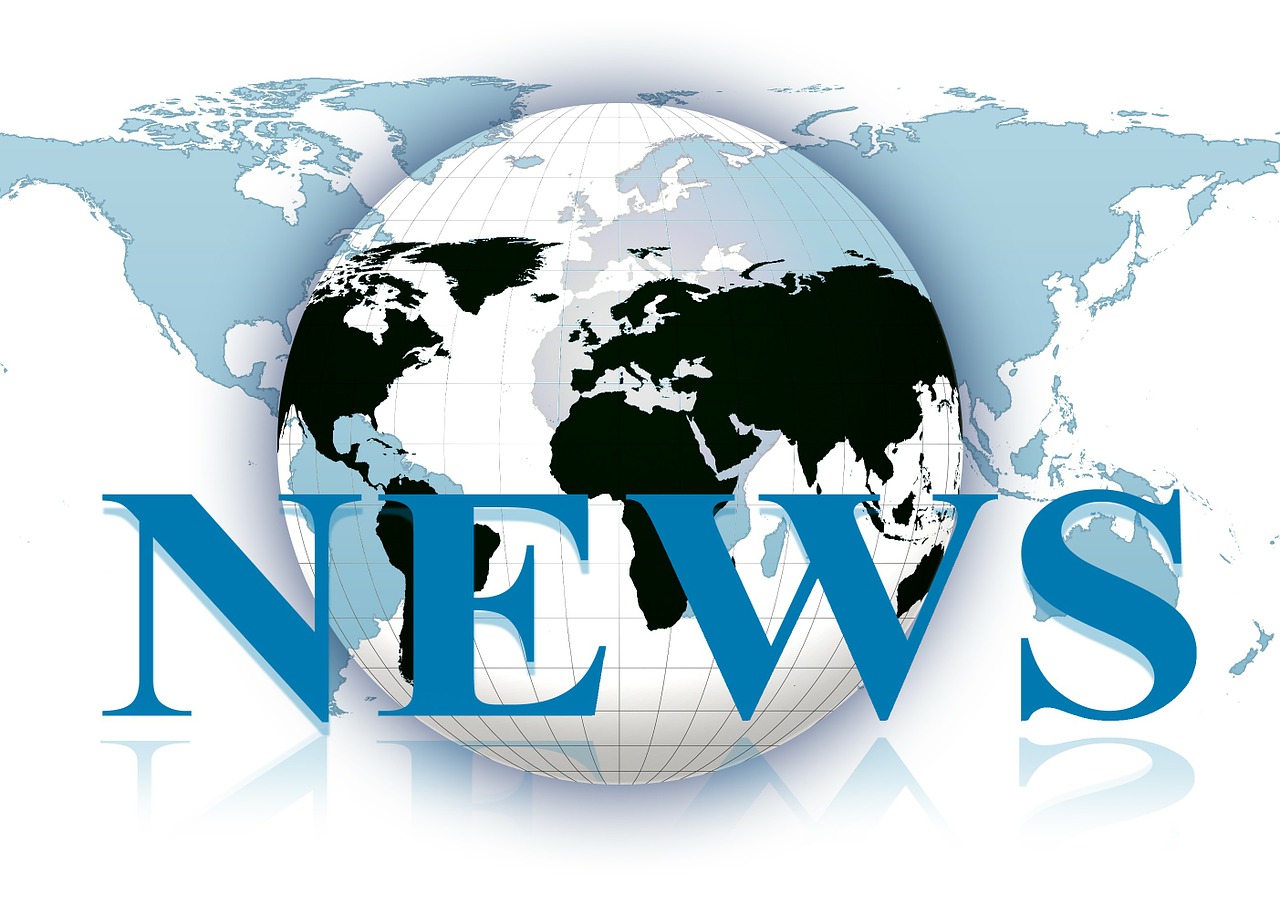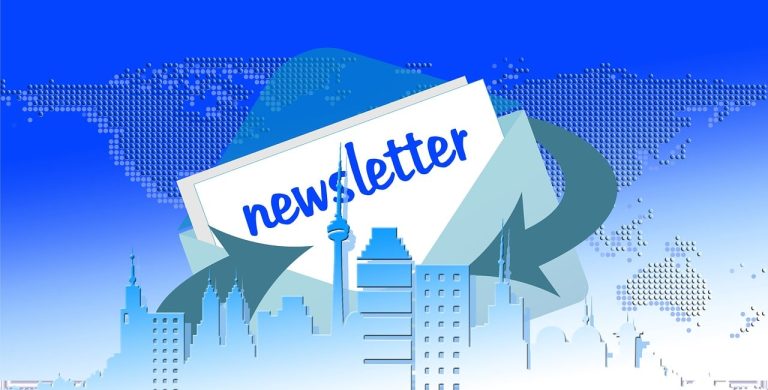
Unpacking the 2022 Philippine Presidential Election: Candidates, Platforms, and Key Issues
The 2022 Philippine Presidential Election stands as one of the most pivotal political events in recent history. With a crowded field of candidates and a nation grappling with significant economic and social issues, the stakes could not be higher. This article delves into the main contenders, their platforms, and the pressing issues that defined the election landscape.
The Political Landscape
The Philippine political system is characterized by a multi-party setup, though elections often boil down to a few major candidates. The 2022 election was no exception, with familiar faces and new entrants vying for the highest office in the land. Understanding the political landscape is crucial for comprehending the dynamics at play during this election.
Key Candidates
Among the primary candidates, several stood out due to their political lineage, platforms, or unique positioning. Let’s explore these individuals and the implications of their candidacies.
Ferdinand “Bongbong” Marcos Jr.
Bongbong Marcos, the son of former dictator Ferdinand Marcos, was a controversial yet significant figure in the election. His campaign centered around promises of unity and progress, leveraging his father’s legacy among certain voter demographics. Despite facing criticism over his family’s history, Marcos Jr. managed to captivate a considerable segment of the electorate.
Leni Robredo
As the Vice President of the Philippines, Leni Robredo represented the opposition. Her platform emphasized transparency, human rights, and poverty alleviation. Robredo’s candidacy was supported by various civil society organizations, and she was often seen as a counterbalance to the populist rhetoric prevalent in the political discourse. Her campaign focused on inclusive governance and fighting corruption.
Manny Pacquiao
Boxing champion and senator Manny Pacquiao also entered the race, bringing his celebrity status and populist appeal. His platform was rooted in eradicating corruption and investing in social services. Pacquiao’s narrative resonated with many Filipinos who saw him as a genuine ‘man of the people’ due to his humble beginnings and philanthropic efforts.
Isko Moreno

Manila Mayor Isko Moreno’s candidacy was notable for his emphasis on urban development and modernization. His track record as mayor, where he initiated several infrastructure projects, formed the backbone of his presidential platform. Moreno appealed to urban voters and those who valued pragmatic governance.
Key Election Platforms
The 2022 election platforms can be broadly categorized into several themes: economy, health, corruption, and foreign policy. Each candidate proposed distinct strategies to tackle these pressing issues.
Economic Recovery
Post-pandemic economic recovery was a major concern for all candidates. Proposals ranged from infrastructure development to support for small and medium enterprises (SMEs). Economic policies were centered around creating jobs, enhancing digital infrastructure, and fostering a conducive environment for foreign investments.
Health and Pandemic Response
The COVID-19 pandemic exposed significant weaknesses in the country’s healthcare system. Candidates proposed different approaches to improving healthcare access and efficiency. Increasing the healthcare budget, expanding vaccination campaigns, and building more healthcare facilities were common promises.
Corruption and Governance
Corruption has been a persistent issue in Philippine politics. Anti-corruption platforms were a staple of the campaign trail, with candidates pledging to implement stricter measures and transparency in governance. The call for robust legal frameworks and independent oversight bodies was a recurring theme.
Foreign Policy and National Security
In terms of foreign policy, candidates were divided on issues such as the South China Sea and relations with China and the United States. Navigating these complex geopolitical landscapes was a critical aspect of their platforms, with varying degrees of assertiveness and diplomacy proposed.
Key Issues Shaping the Election
Beyond the candidates and their platforms, several key issues played a significant role in shaping voter attitudes and preferences:
Social Media Influence
Social media played a transformative role in the 2022 elections, influencing public opinion and voter engagement. Platforms like Facebook and Twitter became battlegrounds for political discourse and misinformation. The impact of digital campaigning was unprecedented, requiring candidates to adapt to the fast-paced online environment.

Youth Participation
The involvement of young voters was another significant factor. The youth, who make up a substantial portion of the electorate, were increasingly vocal about their demands for change. Issues like education, climate change, and employment were particularly resonant among this demographic.
Regional Disparities
Regional and socioeconomic disparities influenced voter preferences and priorities. Candidates needed to address the unique concerns of diverse regions, from urban centers like Manila to rural provinces. Infrastructure development and equitable resource distribution were critical issues in this context.
Takeaways
The 2022 Philippine Presidential Election was a complex tapestry of personalities, policies, and pressing national concerns. With a diverse array of candidates and a populace eager for effective governance, the election underscored the vibrant yet challenging nature of democracy in the Philippines. As the nation looks forward to the future, the elected leaders face the formidable task of addressing the multifaceted issues that define this Southeast Asian archipelago.
The outcome of this election will have lasting implications on the country’s trajectory, influencing everything from economic policy to international relations. The Philippines stands at a crossroads, and the choices made today will undoubtedly shape its destiny for years to come.
The Role of Media in the Election
The media played an essential role in shaping the narrative of the 2022 presidential election. Traditional media outlets, alongside emerging digital platforms, were instrumental in informing the public about the candidates and their platforms. However, the rise of fake news and biased reporting posed challenges to ensuring an informed electorate. Efforts to promote media literacy and fact-checking became increasingly important in this context.
Traditional Media Influence
Television and radio remained influential mediums, particularly in reaching older demographics and rural areas. Major networks conducted interviews and debates that provided candidates with the opportunity to present their platforms to a wide audience. However, concerns about media bias and corporate influence were prevalent, prompting discussions about the need for impartial journalism.
Digital Media Landscape

The digital landscape was dynamic, with social media platforms serving as primary sources of information for many voters. Candidates utilized these platforms to engage directly with the electorate, bypassing traditional media filters. The interactive nature of digital media allowed for real-time feedback and engagement, but also opened avenues for the spread of misinformation. Initiatives to combat fake news were crucial in maintaining the integrity of the electoral process.
Post-Election Reflections
As the dust settled after the election, reflections on the process and results began to emerge. Analysts and commentators explored the implications of the election outcomes, considering both the successes and challenges encountered.
Voter Turnout and Engagement
Voter turnout was a significant topic of discussion post-election. Understanding the factors that motivated or hindered voter participation provides insights into the political engagement of the populace. Efforts to increase turnout, such as voter education campaigns and accessible voting procedures, were evaluated for their effectiveness.
Election Integrity and Transparency
The integrity of the election process was scrutinized, with both domestic and international observers assessing the transparency and fairness of the elections. The role of the Commission on Elections (COMELEC) in ensuring a smooth and credible process was lauded, though areas for improvement were identified. Enhancing electoral systems and infrastructure remains a priority for future elections.
Moving Forward
The newly elected administration faces the challenge of translating campaign promises into actionable policies. Addressing the immediate concerns of economic recovery and healthcare, while also tackling long-term issues like education reform and environmental sustainability, will be critical in garnering public trust and support. The importance of inclusive governance and stakeholder engagement cannot be overstated.
Takeaways
The 2022 Philippine Presidential Election was not just a political event but a reflection of the nation’s aspirations and challenges. It was a testament to the democratic spirit of the Filipino people and a reminder of the continuous journey towards a more equitable and prosperous society. The election highlighted the critical role of informed and engaged citizens in shaping the future of the nation.

As the Philippines moves forward, the lessons learned from this election will undoubtedly inform future political strategies and governance models. It is a time for reflection, resilience, and renewal, as the country strives to build a better tomorrow for all its citizens.
The road ahead is filled with challenges, but also with opportunities for growth and transformation. The collective effort of the government, civil society, and the Filipino people will be essential in navigating the complexities of the modern world and realizing the vision of a thriving, inclusive, and just society.
Challenges and Opportunities for the New Administration
The incoming administration faces a landscape marked by both challenges and potential opportunities. Addressing these effectively will require strategic planning and a commitment to inclusive governance.
Economic Challenges
The Philippines, like much of the world, is grappling with the economic repercussions of the COVID-19 pandemic. With rising inflation, unemployment, and a disrupted supply chain, the new administration must implement policies that stimulate economic growth and provide relief to struggling sectors. Investments in infrastructure and technology, as well as support for small businesses, are critical components of economic recovery.
Social and Health Issues
Beyond the pandemic, the new government must address long-standing social issues such as poverty, education, and healthcare. Improving access to quality education and healthcare services remains a top priority. The pandemic highlighted the need for robust public health infrastructure, and ongoing efforts to enhance healthcare capacity and pandemic preparedness will be essential. Initiatives like universal healthcare and educational reforms can significantly impact the country’s social landscape.
Environmental Sustainability
Environmental challenges, particularly those related to climate change, require urgent action. The Philippines is highly vulnerable to natural disasters, making sustainability a critical agenda item. Policies aimed at reducing carbon emissions, promoting renewable energy, and protecting natural resources will be vital for building resilience against climate-related threats.
Strengthening Democracy and Governance

The election also serves as a reminder of the need to strengthen democratic institutions and governance. Ensuring transparency, accountability, and the rule of law are paramount. The administration must work to foster trust in government through effective communication, citizen participation, and upholding human rights. Reforms in the justice system, anti-corruption measures, and electoral processes are necessary steps in this direction.
International Relations and Foreign Policy
On the global stage, the Philippines’ foreign policy will play a crucial role in shaping the country’s economic and security environment. The new administration has the opportunity to redefine relations with key international players and assert the nation’s interests.
Relations with Neighbors
Regional diplomacy, particularly with ASEAN countries, will be essential in maintaining stability and fostering economic collaboration. Engaging in multilateral forums and bilateral agreements can enhance trade, security, and cultural exchanges. The South China Sea remains a contentious issue, requiring a balanced approach that safeguards national sovereignty while fostering regional cooperation.
Global Partnerships
The Philippines’ relationship with major powers such as the United States and China will continue to be a focal point. Navigating these relationships requires a nuanced understanding of geopolitical dynamics and strategic interests. Strengthening ties with the European Union and other global entities can open avenues for trade, investment, and technological cooperation.
Contributions to Global Issues
As a member of the international community, the Philippines has a role to play in addressing global challenges such as climate change, human rights, and global health. Active participation in international organizations and initiatives can enhance the country’s global standing and contribute to collective efforts in tackling these issues.
Takeaways
The 2022 Philippine Presidential Election marks a new chapter in the country’s political narrative. It is both a culmination of past efforts and a starting point for future endeavors. The elected leaders have the responsibility to address the pressing challenges facing the nation while seizing opportunities for growth and prosperity.
The path forward requires a collective commitment to democratic principles, sound governance, and sustainable development. By working together, the government, citizens, and international partners can build a resilient and thriving Philippines, ready to meet the demands of an ever-changing world.
As the nation embarks on this journey, the lessons learned from the election and the aspirations of the Filipino people will guide the way towards a brighter and more inclusive future.



